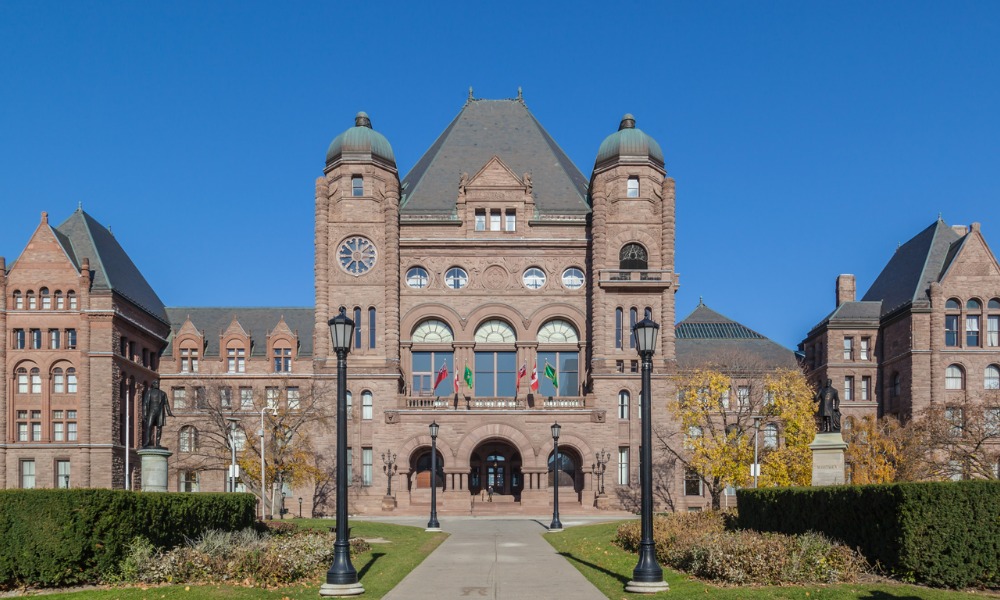'Kids will be in class. Enough is enough'

The Ontario government will introduce legislation today that will ensure teachers in the province cannot go on strike as they have warned.
The legislation “will ensure that students remain in class to catch up on their learning,” says Stephen Lecce, minister of education, in a statement.
“Kids will be in class. Enough is enough,” he adds in a tweet.
Read more: Ontario could save $10 billion with Bill 124
The move comes after the Canadian Union of Public Employees (CUPE) Ontario gave the required five days' notice for job action that will allow 55,000 workers in the education sector to go on full strike as soon as Nov. 4.
The union has been calling for the provincial government to provide better job conditions for the workers. In its “Tell the Ford Conservatives: Don’t be a bully” campaign, CUPE is calling for annual salary increases of 11.7 per cent for the members of CUPE’s Ontario School Boards Council of Unions (OSBCU) – which includes custodians, maintenance and library workers, secretaries, early childhood educators, educational assistants, IT professionals – who are working in publicly funded schools across Ontario.
“They are also the lowest-paid education workers, earning, on average, only $39,000 a year which has left many on the brink of poverty,” according to the union.
Read more: How can education workers be protected from harassment and violence?
However, the government has offered raises of just two per cent a year for workers making less than $40,000 and 1.25 per cent for all others, reports CBC.
The education workers also want overtime to be paid at two times the regular pay, 30 minutes of paid prep time per day for educational assistants and ECEs, an increase in benefits and professional development for workers.
But the government wants to keep all other areas the same as the previous deal, and to institute a five-day "waiting period" for short-term disability, reports CBC. During that period, a worker would receive 25 per cent of their normal pay and 90 per cent for the rest of the 120 days.
“Instead of offering a wage increase to keep pace with inflation, the Ford Conservatives are proposing a wage cut,” the union says in its campaign. “Instead of staff increases, the Ford Conservatives are making further job losses inevitable. And instead of making investments to ensure the services our communities rely on, the Ford Conservatives are cutting per-student funding while sitting on a $2.1-billion surplus.
Read more: Ontario high school teachers, support workers vote in favour of strike
The low wages plus the $1.6 billion that the government cut from the education sector have led to a critical staffing shortage, according to the union.
“Education workers are the backbone of schools,” CUPE Ontario says in a tweet. “ECEs, EAs, custodians, clerical staff, library staff and more, ensure safe and excellent learning environments for kids. They deserve better. Our communities deserve better.”
But education groups are still hoping to cut a better deal for workers.
“We view the next three days of mediation – Nov. 1, 2 and 3 – to be an opportunity for this government to come to the table to negotiate an agreement that recognizes education workers and the vital services that we provide for students, families and our communities,” says the Ontario School Board Council of Unions (OSBCU CSCSO).
“We fully support @osbcucscso's goal of obtaining a fair deal for their education worker members,” says Ontario Secondary School Teachers' Federation (OSSTF). “We remain at the bargaining table, focused on getting a fair deal for our ed worker & teacher members. We call on the Ford govt to invest in public ed & students in ON #OntEd.”




